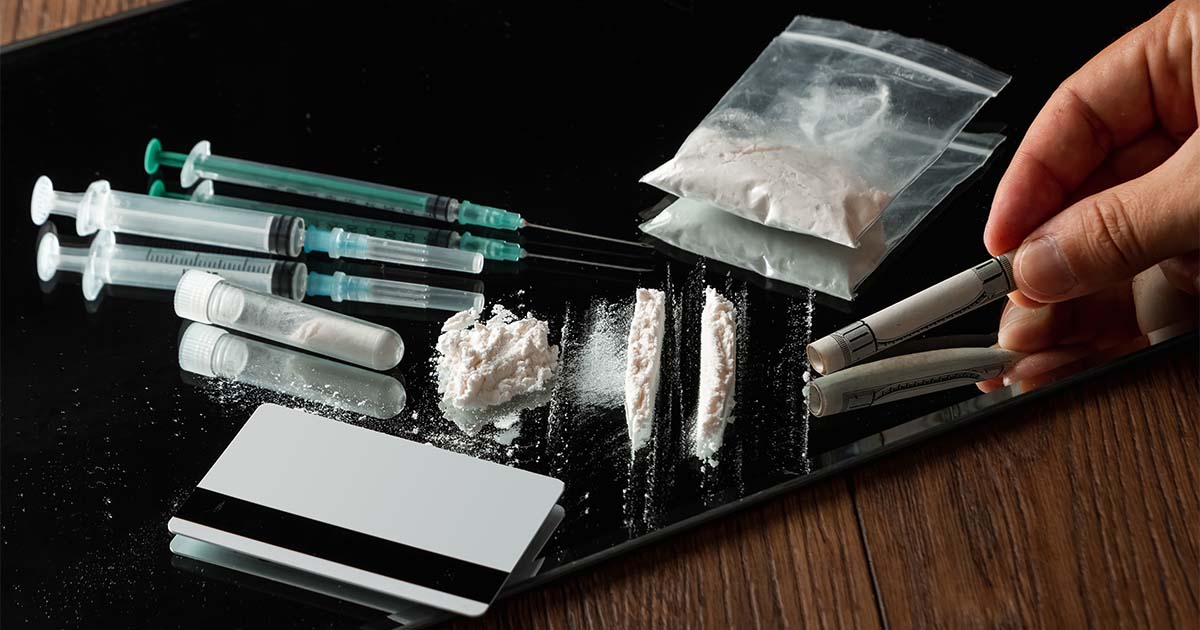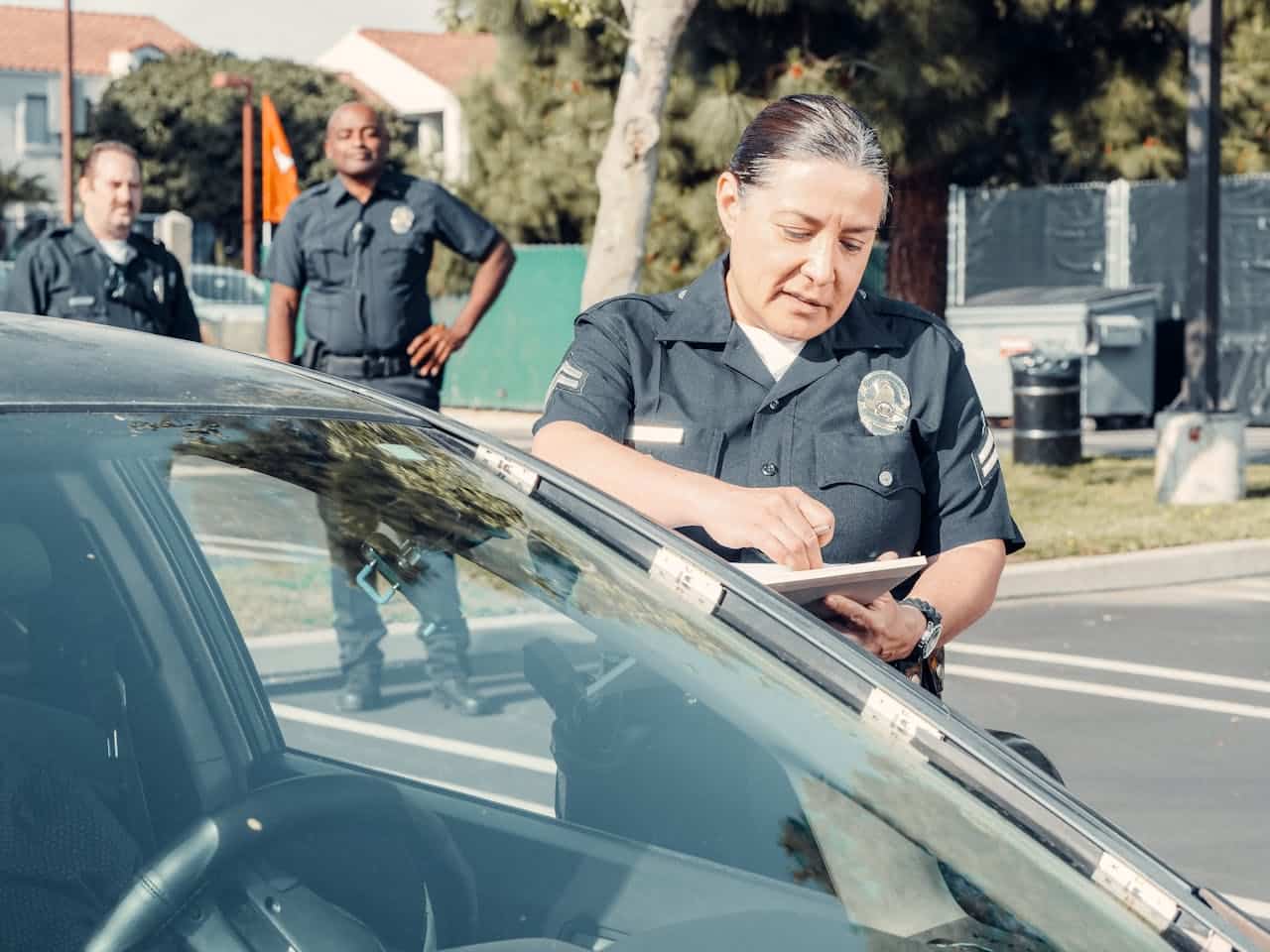What Factors Do Judges Consider When Sentencing Texas Drug Crimes?
As soon as law enforcement officers arrest you for a drug offense in Texas, it’s natural to worry about how this incident will impact your future. You may picture a worst-case scenario, where you are locked behind bars for months or even years. However, it’s essential to understand that Texas judges consider several factors when determining the most appropriate sentencing for your case. Before you lose all hope, take some time to recognize some of the factors that judges consider when sentencing Texas drug crimes.
Texas Drug Crimes Laws Serve as Guidelines
The Texas Controlled Substances Act lists the different classifications (called “schedules”) of controlled substances. Depending on the seriousness and addictiveness of the substance, those found in possession or accused of distributing or trafficking said substance may face criminal penalties. In general, larger quantities of more serious drugs result in stricter penalties. However, while the law lists the corresponding sentence for each type of drug offense, the judge may use these as guidelines to determine the most fitting and appropriate sentence for a particular case.
Prosecution of Texas Drug Crimes
If you are charged in Texas criminal courts, you will be prosecuted by the county district attorney at the county courthouse. If you are convicted, you face penalties under Texas drug crimes guidelines, which are typically not as harsh or as cut-and-dried as federal sentencing guidelines. That does not mean the penalties in Texas are not harsh.
The penalties you face for a Texas drug conviction will vary depending upon the type of drug in your possession or control, the amount of the drug or substance, whether you distributed the drug or took it across state lines, whether there was injury or death because of your distribution of the drug, and other factors.
Schedule of Controlled Substances in Texas
All illegal drugs and chemicals are listed in the Texas Schedule of Controlled Substances. Unlawful possession or distribution of drugs or chemicals listed in Schedules I and II are felony offenses. Small amounts of controlled substances in Schedules III and IV may be charged as a misdemeanor, but sales, drug cultivation or manufacturing, and drug trafficking will be charged as felony drug offenses in Texas state or federal courts.
Exploring Alternative Sentencing Options
While Texas still takes a hard stance on most drug offenses, there are signs that the criminal justice system is slowly broadening its sentencing options. Some judges may look at a defendant and see that they are a first-time offender who may need a more constructive sentencing option than spending time in jail. If this is the case, the judge may sentence the defendant to a diversion program, where they can complete a court-ordered program, and if they are successful, the conviction will be dismissed and removed from their record. Similarly, you may qualify for drug court, where you agree to complete a rehabilitation program in place of serving time behind bars.
Effective Defense Against Serious Drug Charges
Texas drug crimes are severe. If you have been charged with any type of drug crime in Texas, you need to fight back aggressively to save your freedom and your future.
Ray Hindieh has been defending people facing felony drug charges in Texas. He focuses his law practice on defending clients most at risk for lengthy prison sentences. He has handled numerous high-profile drug cases for clients throughout Texas, including Dallas, Fort Worth, Plano, Frisco, Allen, McKinney, DeSoto, Garland, Farmers Branch, Grapevine, Denton, Lewisville, and towns in East Texas where Hispanic and Latino families need help.
Ray Hindieh has had significant success getting acquittals or reduced charges for clients charged with participating in a criminal enterprise, drug smuggling of cocaine, heroin, marijuana, meth, ecstasy and other drugs, and other charges that often accompany Texas drug crimes such as:
- Money laundering
- Weapons violations
- Conspiracy
Potential Penalties for Texas Felony Drug Cases
Felony drug crimes are divided into five levels:
- Capital felony punishment: Death penalty or imprisonment in the Texas Department of Criminal Justice for life without parole or until death.
- First-degree felony punishment: Five years to life in prison. Additionally, the person convicted of a first-degree felony in Texas can be fined up to $10,000.
- Second-degree felony punishment: Two to 20 years in prison. Additionally, the person convicted of a second-degree felony in Texas can be fined up to $10,000.
- Third-degree felony punishment: Two to 10 years in prison. Additionally, the person convicted of a third-degree felony in Texas can be fined up to $10,000.
- State jail felony punishment: 180 days to 2 years in state jail. Additionally, the person convicted of a state jail felony in Texas can be fined up to $10,000. If a deadly weapon was involved during or after the offense, or the person charged was guilty of a prior felony conviction, the state jail felony may be bumped up to a third-degree felony.
How a Texas Drug Crimes Defense Attorney Can Help?
When you are charged with a Texas drug crime, you do not automatically receive a sentence. You have the opportunity to make your case in front of the judge, so it’s essential that you work with a skilled drug defense attorney who serves Hispanic and Latino families to maximize your chances of obtaining the best outcome possible. Your attorney will assess the specifics of your case and determine the most strategic course of action to ensure your future remains as bright as possible. Don’t leave your fate up to chance—get started with a trusted Dallas County lawyer today.
214 Release: Hindieh Law serves Hispanic and Latino Families
If you need help defending yourself from drug charges in Dallas or the surrounding area, call 214 Release: Hindieh Law, PLLC at 214-Release (214.960.1458) for a free confidential consultation today. Our Dallas drug defense attorney provides aggressive legal advocacy services to protect the rights and freedom of defendants.






